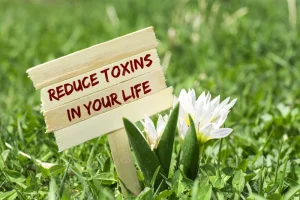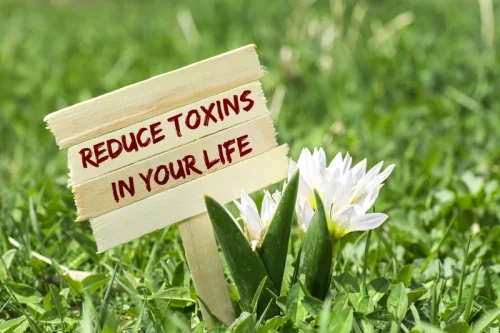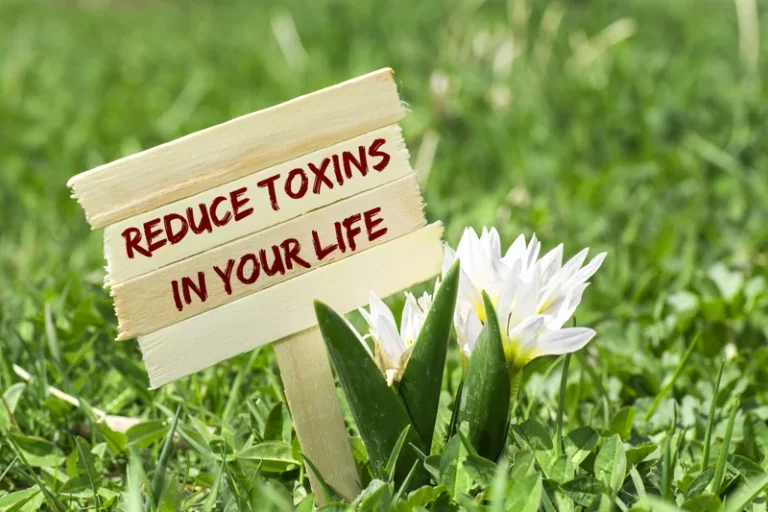
Role-playing is an effective way to help group members practice handling any tough situations that may arise during treatment, such as making apologies and amends to family members. Question balls are a resource that group leaders may use to get topics of conversation going. They write recovery-related questions on a ball for participants to toss around, with the person holding the ball answering the question. Clients are given a judgment-free space and are encouraged to be open and honest to facilitate recovery and healing.
CBT Group Activities For Youth
These hands-on exercises help individuals explore their feelings, build trust, and gain insight into their recovery journey. Individual therapy for addiction treatment is a personalized, one-on-one approach designed to group therapy ideas for addiction help individuals address the psychological, emotional, and behavioral aspects of addiction. Individual therapy allows for a customized treatment plan tailored to the client’s specific needs, making it effective for those who need focused, intensive support as they navigate recovery. Yes, individual therapy is effectively used in conjunction with group therapy for addiction treatment. This combined approach provides clients with both personalized, one-on-one support and the shared experiences found in a group setting, offering comprehensive benefits.
Relapse Prevention Planning
Our helpline is available 24 hours a day, 7 days a week at no cost to you and with no obligation for you to enter into treatment. This involvement promotes empathy and support, which are crucial for recovery. They must be adept at listening and adapting their styles to meet the varying needs of clients at different stages of recovery. So take that step, reach out, and embrace the transformative power of recovery groups. The beauty of this diversity is that it increases the chances of finding a group that clicks.

Discussing Triggers
- Exposure therapy reduces relapse triggers by up to 32% according to Foa et al., 2008, in “Prolonged Exposure Therapy for PTSD”.
- Recovery isn’t just about staying sober – it’s about building a life worth staying sober for.
- Exploring these experiences allows participants to gain insights into their behaviors and emotional responses, aiding their overall recovery.
- Role-playing is an excellent experiential exercise for group therapy that allows participants to act out real-life situations they may encounter in recovery.
- Clients participating in both types of therapy experience higher treatment retention rates and more consistent recovery outcomes, making this dual approach an effective strategy for lasting sobriety.
The next time you are prompted with a craving or trigger, instead of using your chosen drug or continuing with the addiction, a list of activities you can do instead can Halfway house be helpful. It may be a short list, but it can help redirect that energy to somewhere more positive for you. Addiction recovery stories are key in group therapy as they demonstrate to those just coming into the program that there is not only hope but that they can overcome their addiction.


This topic allows members to share funny stories, discover joy in small moments, and build bonds with others through laughter. This topic encourages members to create vision boards or write about their goals and dreams, providing a visual representation of the life they want to achieve. Healthy communication is key in expressing needs and building relationships. This topic teaches active listening, assertiveness, and nonverbal communication skills. Effective communication can strengthen relationships and foster supportive connections in recovery.

Instantly Download One of Our fillable, editable, printable Substance Abuse Forms:
Many recovery groups make affirmation collages by writing down positive statements, cutting them into strips, and gluing the strips onto poster boards. During a mindfulness meditation, group members focus on their breathing and treat their thoughts like passing clouds. In other words, they acknowledge the thoughts without judgment and then gently return their attention to their breathing. Discuss how treatments for physical illnesses – like broken bones or infections – are similar to treatments for psychological illnesses like addiction.
Recognizing and changing these behaviors supports a more positive, sustainable recovery journey. Members are encouraged to express appreciation for things in their lives, both big and small. By focusing on gratitude, they learn to cultivate a positive mindset that supports their recovery journey.
- Engaging group discussions are essential for fostering growth and support in substance abuse recovery.
- Members can share experiences where practicing honesty has positively impacted their recovery.
- You need to start slow in order to ease your clients into sharing their deeper thoughts with the group.
This topic provides education on the health risks of addiction, helping members understand the importance of maintaining a healthy lifestyle. Accountability is a powerful tool that helps individuals stay committed to their recovery goals. This topic discusses ways to hold oneself accountable, such as setting goals, journaling progress, or finding an accountability partner who can offer support and encouragement. Creative outlets allow members to process emotions and express themselves in healthy ways. This topic encourages members to explore various forms of creativity, such as drawing, writing, music, or crafting, which can be therapeutic and fulfilling in the recovery journey. This discussion explores different types https://ecosoberhouse.com/ of physical activities and encourages members to incorporate regular exercise into their lives.
These platforms offer anonymity and accessibility, making it easier for people to seek help without fear of stigma. They’re particularly valuable for those in remote areas or with limited mobility. From tracking sobriety milestones to connecting with peers, these apps provide 24/7 support at your fingertips. The helpline at AddictionResource.net is available 24/7 to discuss the treatment needs of yourself or a loved one. This helpline is answered by Treatment X LLC, an addiction treatment provider with treatment facilities in Ohio, Pennsylvania, and California.